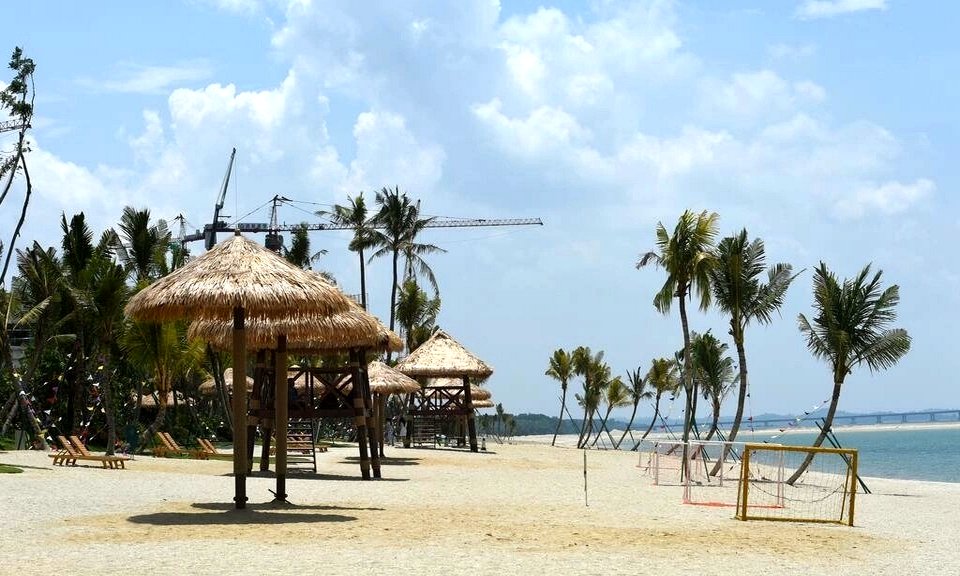
The Thai tourism ministry has indicated that Thailand may simplify the rules of entry as early as July 1. This is the provisional date when Bangkok authorities may reclassify the coronavirus pandemic as an epidemic. The principal advantage would be to end pre-authorization for vacationers and enable them to fly to Thailand armed only with their documents: passport, airticket and a negative pre-flight RT-PCR test result.
Tourist Authority governor Yuthasak Supasorn said that surging oil prices and the invasion of Ukraine had dented earlier predictions that international tourism was about to surge, thus indicating the need for immigration liberalization for short-stay tourists. At present, they must register in advance via the government website, obtain medical insurance, show a pre-flight PCR negative test and book a hotel on arrival for a temporary quarantine of several hours pending a second health check.
Some neighboring countries are already introducing simplified entry procedures. The Philippines require a pre-flight PCR test, but the government website insists only on “self monitoring” for a week after arrival. Cambodia does require an ATK test, taken at the airport on arrival, but claims the process takes only 20 minutes. Malaysia is set to introduce visas on arrival from April 1, with evidence of a pre-flight PCR test and “an ATK test taken within 24 hours of arrival”, although the precise bureaucracy is not clear.
Vietnam and Laos are both reviewing their tourist entry procedures, but joining a tour group is the main loophole at present for those wishing to visit. Thailand’s land borders with all neighboring countries remain closed for foreign tourists for now, although there are reports of some crossings at Cambodian and Laos entry points. The opening of Thai border posts is believed to be under review to coincide with a projected July 1 liberalization. Insisting on health tests at Thai land frontiers would be a gigantic problem because of the numbers involved.
Thailand is also considering abolition of the mandatory Covid insurance of at least US$20,000, downgraded from US$50,000 last month. Although the Philippines still insists on insurance worth at least US$35,000, the Cambodian government website shows no compulsory cover for tourists (although some are required to have a bond worth US$2,000 in case they catch the disease) and there is no mention of mandatory insurance in the latest Malaysian announcements of intent.
Travel agents say that pre-registration on government websites is the biggest drawback to a tourist revival in Thailand. But the long-distance market is being badly hit by the deteriorating international political situation. The Thai authorities will likely concentrate on short-haul visitors, especially from India, with travel bubbles already on the cards. However, the collapse of Thailand Pass (if it happens) will be welcomed by long-haul fans of Thailand from Britain, mainland Europe, Australia and beyond. Thailand is hoping to reach a 626 billion baht inflow this year from international tourists. Without significant immigration letups, that simply can’t happen.
 |
 |
 |





